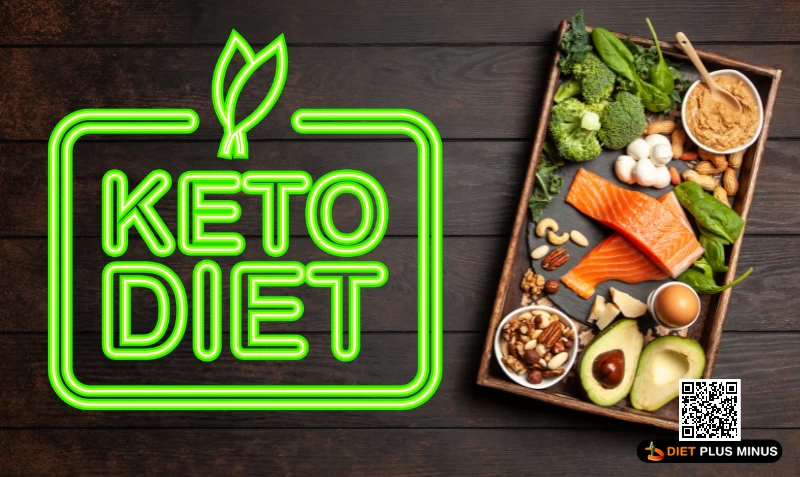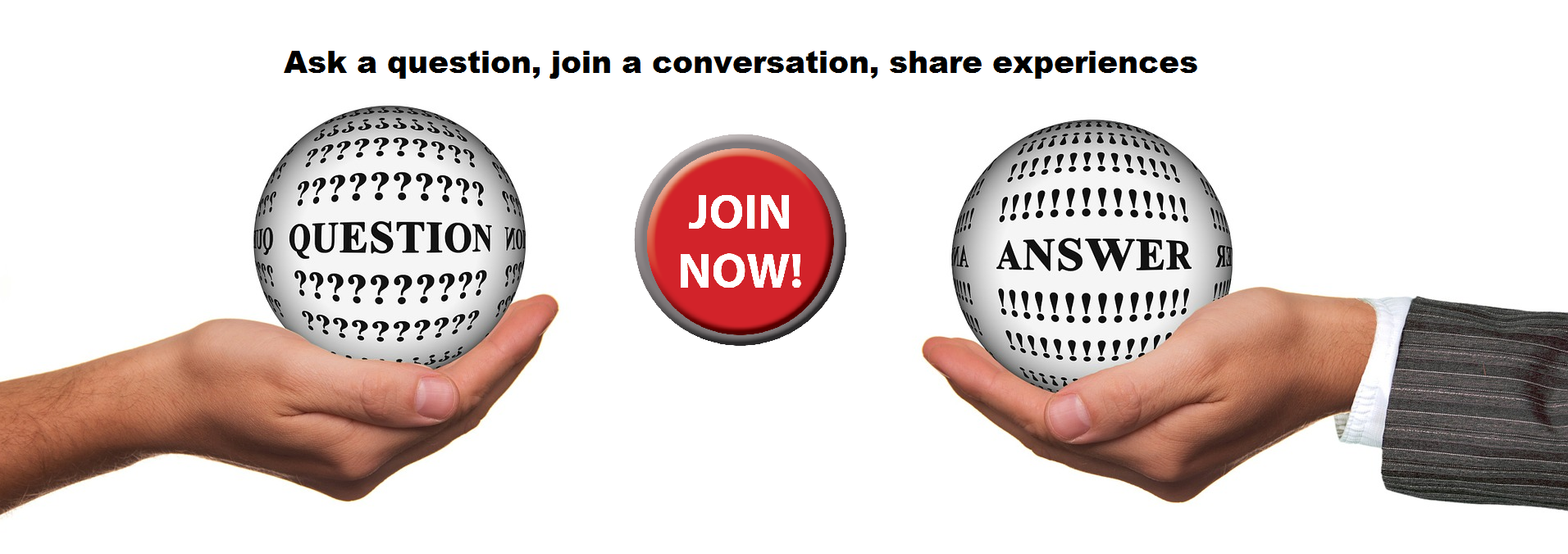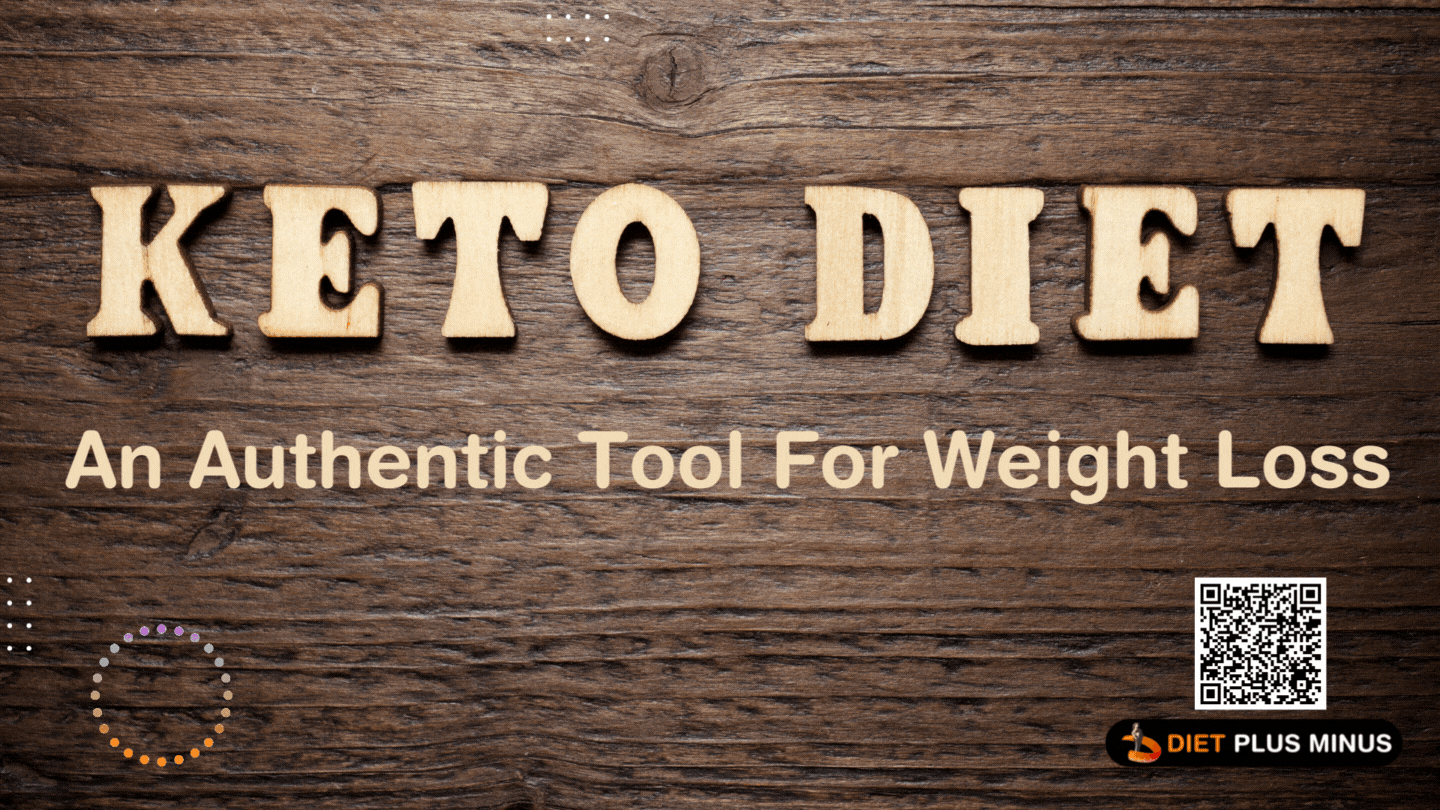
- 18th February 2021
Table of Contents
- The Ketogenic Diet: An Authentic Tool For Weight Loss
- What is a ketogenic diet? A. Keto basics
- B. Different types of ketogenic diets
- The cyclical ketogenic diet (CKD): In this diet, high carb is given between certain periods, such as 5 ketogenic days followed by 2 high carb days.
- The targeted ketogenic diet (TKD): In this diet, a carb is allowed around workouts.
- High protein ketogenic diet: Very similar to the standard ketogenic diet, but high in protein. It consists of 60% of fat, 35% of protein, and 5% of carbs.
- There are many types of a ketogenic diet. The standard ketogenic diet is the most common, studied, and recommended one.
- C. What is ketosis?
- D. Ketogenic diets can help you lose weight
- E. Ketogenic diets for diabetes and prediabetes
- F. Other health benefits of the keto diet
- a. Heart Disease
- h. Erectile dysfunction:
- Some studies show that the keto diet could improve outcomes of erectile dysfunction.
- A ketogenic diet is very beneficial for health, especially with metabolic, neurological, or insulin-related diseases.
- Buy Our Keto Plan - Supervised by Dr. Pankaj Kumar
- A list of foods to eat and foods to avoid during a keto diet:
- A comprehensive list of food that you can eat and avoid
- Foods To Eat
- Foods To Avoid
- Meat:
- Sugary Foods:
- Fatty Fish:
- Grains Or Starches:
- Eggs:
- Fruit:
- Butter And Cream:
- Beans Or Legumes:
- Cheese:
- Root Vegetables And Tubers:
- Nuts And Seeds:
- Low Fat Or Diet Products:
- Healthy Oils:
- Some Condiments Or Sauces:
- Avocados:
- Low Carb Veggies:
- Alcohol:
- Condiments:
- Sugar-Free Diet Foods:
- Take a diet based on meat, fish, eggs, butter, nuts, healthy oils, avocados, and plenty of low-carb veggies.
- Healthy keto snacks
- Lists of some healthy keto snacks:
- Olives
- Fatty meat or fish
- Cheese
- Nuts or seeds
- One or two hard-boiled eggs
- 90% dark chocolate
- Smaller portions of leftover meals
- Strawberries and plain cottage cheese
- Meat, cheese, olives, boiled eggs, nuts, raw veggies, and dark chocolate can be taken as snacks during a keto diet.
- Urine Ketone testing strips
- Keto tips and tricks In the beginning, the keto diet can be challenging, given below are some tips to make this task easier:
- First of all, you have to be familiar with food labels, so that you can check the grams of fat, carbs, and fiber to determine how your favorite foods can fit into your diet.
- You can ‘plan your meals’, on weekends to save extra time throughout the week.
- You can refer to various websites, food blogs, apps, and cookbooks for ketogenic recipes and meal ideas.
- You can also get ‘healthy frozen keto meals’ available in the market, and prepare that when you have lesser time to cook.
- You can carry your food while going to social gatherings or visiting family and friends. You can easily curb cravings and stick to your meal plan by doing so.
- SUMMARY
- Reading food labels, planning your meals, and bringing your own foods when visiting family and friends can make it much easier to stick to the ketogenic diet.
- Tips for eating out on a ketogenic diet An a. You can have some kind of meat or fish-based dish, easily available in most restaurants.
- b. Omelet or eggs and bacon are a great option. Egg-based meals are easily available.
- c. You can also have bun-less burgers. You could also swap the fries for vegetables instead. Add extra avocado, cheese, bacon, or eggs.
- d. In the dessert, you can have a cheese board or berries with cream.
- Select meat, fish, or egg-based dish, when eating out. Order extra veggies instead of carbs or starches, and order cheese for dessert.
- Side effects and how to minimize them.
- Risks of the keto diet There are some negative effects of the keto diet from a trusted source. Long-term dependency on a keto diet may lead to:
- low protein in the blood
- extra fat in the liver
- kidney stones
- micronutrient deficiencies
- Forxiga (Dapagliflozin)
- Invokana (Canagliflozin)
- Jardiance (Empagliflozin)
- Always contact your doctor in case of any kind of side effects originating from the keto diet, if you are on the diet for the long term.
- Supplements for a ketogenic diet Although no supplements are required, some can be useful. Usually, there is no requirement for supplements during a keto diet, some can be useful.
- Buy Now MCT OIL
- Buy Now Almond Flower
- Buy Safe Sweetener Drops: Monk Fruit
- Buy Our Keto Plan - Supervised by Dr. Pankaj Kumar
- Lists of supplements required during the keto diet plan
- 1
- MCT oil
- provides energy and helps increase ketone levels.
- 2
- Minerals
- helps to maintain water and mineral balance
- 3
- Caffeine
- have benefits for energy, fat loss, and performance
- 4
- Exogenous Ketones
- may help raise the body’s ketone levels
- 5
- Creatine
- Can help you if you are combining a keto diet with exercise
- 6
- Whey
- Use half scoop to increase your protein intake
- Buy whey Protein
- Body weighing scale
- Share your idea, and question, and answer with like-minded people.
- Join our weight loss forum and ask questions there.
- Useful Links:
The Ketogenic Diet: An Authentic Tool For Weight Loss
The Ketogenic diet (keto diet, in short) is a low-carb, high-fat diet. This diet is offered to reveal many kinds of health issues and it has numerous health benefits also. Many previous pieces of research show that this type of diet works well in losing weight and also in improving health.
The Keto diet may also work well against diabetes, cancer, epilepsy, and Alzheimer’s disease.
What is a ketogenic diet?
A. Keto basics
The Ketogenic diet shares many similarities with the Atkins and ‘ low-carb diets, as it is very low in carb and high in fat. The keto diet drastically reduces carbohydrate intake and replaces it with fat. This reduction in carbohydrate intake drags your body into a metabolic state called ‘ketosis. At this stage, your body burns ‘fat’ efficiently, for the supply of energy. The fat present in the liver is also converted into ‘ketones’, which can supply energy for the brain.
A significant reduction is shown in blood sugar and insulin levels by taking ketogenic diets. This causes increased ketones and also has many health benefits.
The keto diet is a low-carb, high-fat diet. It has many health benefits; including weight loss, low blood sugar, and insulin levels. It drags the body’s metabolism from carbs towards fat and ketones.
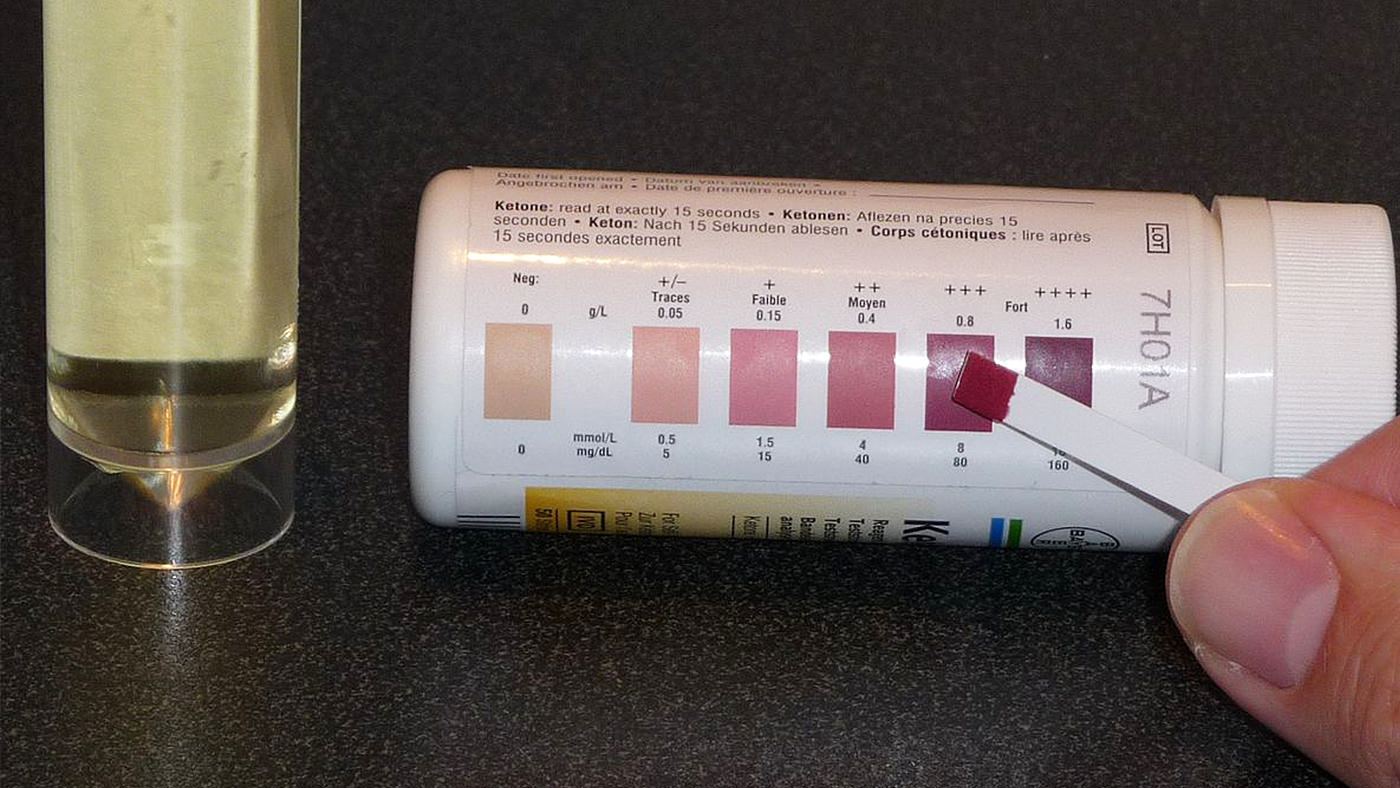
B. Different types of ketogenic diets
There are many types of ketogenic diets, including:
The Standard Ketogenic Diet (SKD): Very low in carb, moderate in protein, and high in fat diet. It consists of 70% fat, 20% protein, and 10% carbs.
-
The cyclical ketogenic diet (CKD): In this diet, high carb is given between certain periods, such as 5 ketogenic days followed by 2 high carb days.
-
The targeted ketogenic diet (TKD): In this diet, a carb is allowed around workouts.
-
High protein ketogenic diet: Very similar to the standard ketogenic diet, but high in protein. It consists of 60% of fat, 35% of protein, and 5% of carbs.
Standard ketogenic diet and high protein ketogenic diet are more popular and studied extensively. Cyclical or targeted ketogenic diets are not very common, restricted mainly to bodybuilders or athletes. Information provided in this article is mostly applied to the standard ketogenic diet, By the way, many of the same principles are also applied to the other types of the keto diet.
There are many types of a ketogenic diet. The standard ketogenic diet is the most common, studied, and recommended one.
C. What is ketosis?
This is a metabolic state of your body in which, fat is used as fuel in place of carbs. Ketosis occurs when the main source of energy of the cells i.e. supply of glucose is restricted. This is achieved by reduced consumption of carbohydrates. To enter ketosis, you have to follow a ketogenic diet. Normally, this is achieved by limiting carb consumption to 20 to 50 grams per day and fulfilling calorie needs with fats, such as meat, fish, eggs, nuts, and healthy oils.
Consumption of protein must be restricted to a moderate amount, as high amounts of protein taken, can be converted into glucose and will slow down your transition into ketosis.
‘Intermittent fasting is also practiced for faster entry into ketosis. Although there are many forms of intermittent fasting, the most common one involves limiting food intake to around 8 hours per day and fasting for the remaining 16 hours.

For determination of, whether you have entered ketosis or not, there are blood, urine, and breath ‘tests’ available. In these tests amount of ketones produced by the body is estimated.
Increased thirst, dry mouth, frequent urination, and decreased hunger are the common symptoms faced when your body enters ketosis.
Ketosis is a metabolic state in which fat, instead of carbs is used as fuel by the body. There are certain tests and common symptoms to determine whether you have entered ketosis. Dietary modification and intermittent fasting are the most common ways for faster entry into ketosis.
D. Ketogenic diets can help you lose weight
The ketogenic diet is very effective for losing weight and it also lowers risk factors for disease. Many research shows that the ketogenic diet may be as effective as a 'low-fat diet’ for weight loss. The best part is that the diet is so filling that you can lose weight without counting calories or tracking your food intake.
In a review of 13 studies, it was found that a very low-carb diet was slightly more effective for long-term weight loss than a low-fat diet. People who followed the keto diet lost an average of 2 pounds (0.9 kg) more than the group that followed a low-fat diet. Besides that, it also led to reductions in ‘Diastolic blood pressure and ‘Triglyceride levels.
Another study on 34 older adults found that those who followed a ketogenic diet for 8 weeks lost nearly five times as much total body fat as those who followed a low-fat diet. Increased ketones, lower blood sugar levels, and improved insulin sensitivity play a key role in achieving desired weight.
The ketogenic diet is slightly more effective as compared to a low-fat diet, for weight loss. And the best part is that you achieve this with less hunger.
E. Ketogenic diets for diabetes and prediabetes
Diabetes is a condition characterized by changes in metabolism, high blood sugar, and impaired ‘insulin function’. The ketogenic diet helps you lose fat, which is closely linked to type 2 diabetes, ‘prediabetes’, and ‘metabolic syndrome.
In an older study, it was found that a ketogenic diet improved insulin sensitivity by 75%.
In another study on women with type 2 diabetes, hemoglobin A1C level (a measure of long-term blood sugar management) was significantly reduced, after following a ketogenic diet for 90 days.
In a study of 349 types 2 diabetic people, it was found that following a ketogenic diet, they lost an average of 11.9 kg over 2 years. This is an important benefit when considering the link between weight and type 2 Diabetes.
Besides that, their blood sugar level improved, and the use of certain blood sugar medications was also decreased throughout the study.
A ketogenic diet can be beneficial in increasing insulin sensitivity and also in weight loss, leading to significant health benefits for people with type 2 diabetes or prediabetes.
F. Other health benefits of the keto diet
The ketogenic diet originated as a tool for the treatment of neurological diseases such as epilepsy. Based on studies, it can be said that this diet has a wide range of benefits for different health conditions:
a. Heart Disease
The ketogenic diet can decrease body fat, increase HDL i.e. good cholesterol levels, and maintain blood pressure and blood sugar levels. Hence, can reduce the risk factors of Heart disease.
b. Cancer
The ketogenic diet can slow down tumor growth. So, this is also used for the treatment of cancer nowadays.
c. Alzheimer’s disease
The keto diet may help reduce symptoms of Alzheimer’s disease and slow its progression.
d. Epilepsy
There is a significant reduction in seizures in epileptic children when they were given a ketogenic diet.
e. Parkinson’s disease
According to one study, a ketogenic diet also improved the symptoms of Parkinson’s disease.
f. Polycystic ovary syndrome
As this diet decreases insulin levels, very beneficial in polycystic ovary syndrome.
g. Brain injuries
Some studies show that diet could improve outcomes of traumatic brain injuries.
h. Erectile dysfunction:
Some studies show that the keto diet could improve outcomes of erectile dysfunction.

A ketogenic diet is very beneficial for health, especially with metabolic, neurological, or insulin-related diseases.
Buy Our Keto Plan - Supervised by Dr. Pankaj Kumar
A list of foods to eat and foods to avoid during a keto diet:
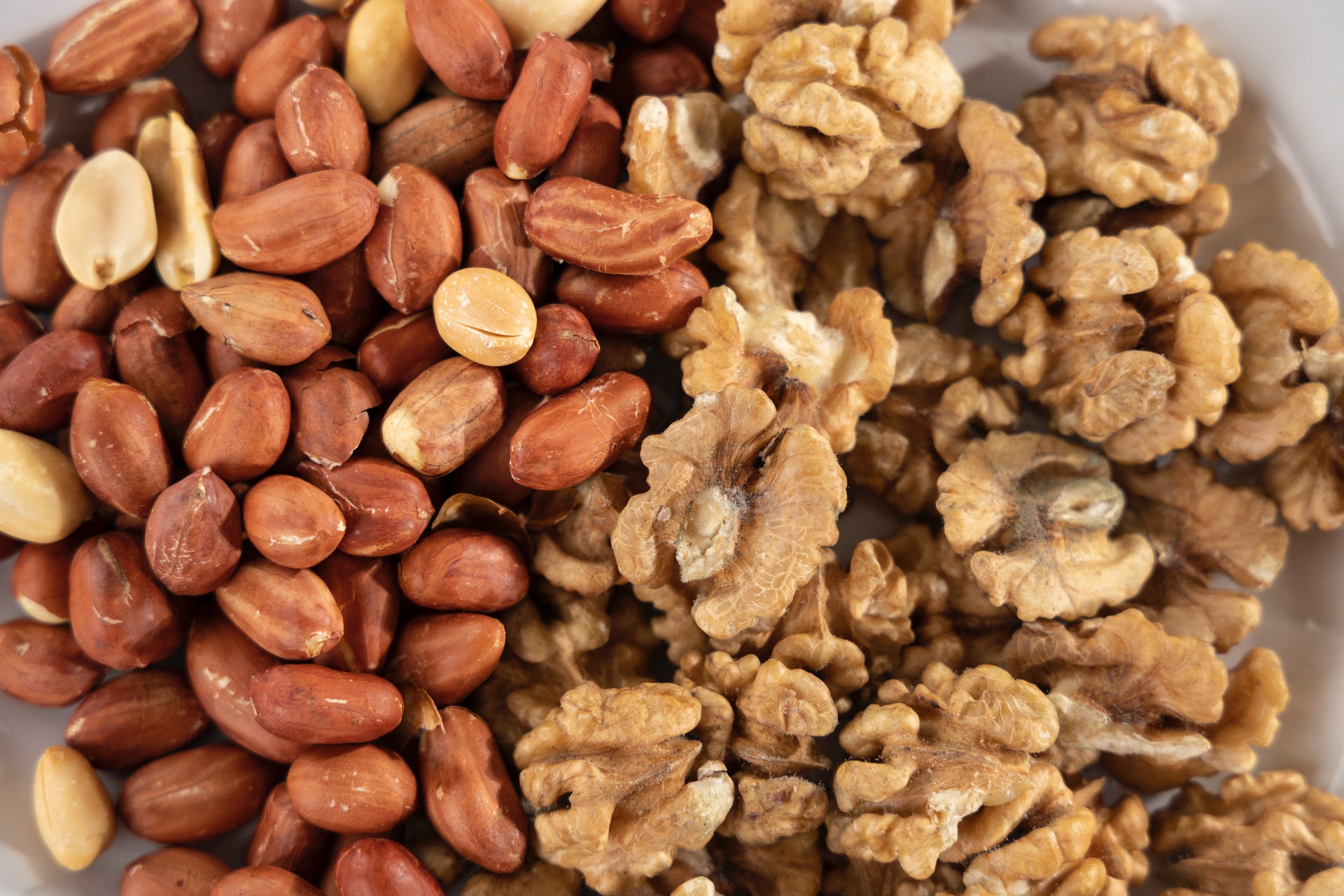
Foods To Eat |
Foods To Avoid |
Meat:Red Meat, Steak, Ham, Sausage, Bacon, Chicken, And Turkey |
Sugary Foods:Soda, Fruit Juice, Smoothies, Cake, Ice Cream, Candy, Etc. |
Fatty Fish:Salmon, Trout, Tuna, And Mackerel |
Grains Or Starches:Wheat-Based Products, Rice, Pasta, Cereal, Etc. |
Eggs:Pastured Or Omega-3 Whole Eggs |
Fruit:All Fruit, Except Small Portions Of Berries Like Strawberries |
Butter And Cream:Grass-Fed Butter And Heavy Cream |
Beans Or Legumes:Peas, Kidney Beans, Lentils, Chickpeas, Etc. |
Cheese:Unprocessed Cheeses Like Cheddar, Goat, Cream, Blue, Or Mozzarella |
Root Vegetables And Tubers:Potatoes, Sweet Potatoes, Carrots, Parsnips, Etc. |
Nuts And Seeds:Almonds, Walnuts, Flaxseeds, Pumpkin Seeds, Chia Seeds, Etc. |
Low Fat Or Diet Products:Low Fat Mayonnaise, Salad Dressings, And Condiments |
Healthy Oils:Extra Virgin Olive Oil, Coconut Oil, And Avocado Oil |
Some Condiments Or Sauces:Barbecue Sauce, Honey Mustard, Teriyaki Sauce, Ketchup, Etc. |
Avocados:Whole Avocados Or Freshly Made Guacamole |
Unhealthy Fats: Processed Vegetable Oils, Mayonnaise, Etc. |
Low Carb Veggies:Green Veggies, Tomatoes, Onions, Peppers, Etc. |
Alcohol:Beer, Wine, Liquor, Mixed Drinks |
Condiments:Salt, Pepper, Herbs, And Spices |
Sugar-Free Diet Foods:Sugar-Free Candies, Syrups, Puddings, Sweeteners, Desserts, Etc. |
Take a diet based on meat, fish, eggs, butter, nuts, healthy oils, avocados, and plenty of low-carb veggies.
Healthy keto snacks
Lists of some healthy keto snacks:
-
Olives
-
Fatty meat or fish
-
Cheese
-
Nuts or seeds
-
One or two hard-boiled eggs
-
90% dark chocolate
-
Smaller portions of leftover meals
-
Strawberries and plain cottage cheese
Meat, cheese, olives, boiled eggs, nuts, raw veggies, and dark chocolate can be taken as snacks during a keto diet.
Urine Ketone testing strips
Keto tips and tricks
In the beginning, the keto diet can be challenging, given below are some tips to make this task easier:
-
First of all, you have to be familiar with food labels, so that you can check the grams of fat, carbs, and fiber to determine how your favorite foods can fit into your diet.
-
You can ‘plan your meals’, on weekends to save extra time throughout the week.
-
You can refer to various websites, food blogs, apps, and cookbooks for ketogenic recipes and meal ideas.
-
You can also get ‘healthy frozen keto meals’ available in the market, and prepare that when you have lesser time to cook.
-
You can carry your food while going to social gatherings or visiting family and friends. You can easily curb cravings and stick to your meal plan by doing so.
SUMMARY
Reading food labels, planning your meals, and bringing your own foods when visiting family and friends can make it much easier to stick to the ketogenic diet.
Tips for eating out on a ketogenic diet
An a. You can have some kind of meat or fish-based dish, easily available in most restaurants.
b. Omelet or eggs and bacon are a great option. Egg-based meals are easily available.
c. You can also have bun-less burgers. You could also swap the fries for vegetables instead. Add extra avocado, cheese, bacon, or eggs.
d. In the dessert, you can have a cheese board or berries with cream.
Select meat, fish, or egg-based dish, when eating out. Order extra veggies instead of carbs or starches, and order cheese for dessert.
Side effects and how to minimize them.
Normally, it is safe to go for a keto diet for healthy people, but in some conditions, there may be some initial side effects. There are some informal pieces of evidence of these effects, referred to as ‘keto flu. Based on some studies, these symptoms usually end within a few days.
The most common symptoms of keto flu are diarrhea, constipation, and vomiting. Some people also face symptoms like poor energy and mental function, increased hunger, sleep issues, nausea, and digestive discomfort.
To minimize the symptoms of keto flu, try a low-carb diet for a few weeks in the beginning. By doing so, your body adapts to burn fat for energy needs before the carbs are eliminated from the body.
The proper balance of minerals and water in your body may also get disturbed when you go on a keto diet. So, adding salt to your meals or taking mineral supplements may be beneficial. Consult your doctor for your nutritional needs.
In the beginning, it is very important to eat until you are full and avoid restricting calories too much. Usually, there is weight loss following a keto diet, without intentional calorie restriction.
Most of the side effects started at the beginning of a keto diet can be limited. Easing into the diet and taking mineral supplements can help.
Risks of the keto diet
There are some negative effects of the keto diet from a trusted source.
Long-term dependency on a keto diet may lead to:
-
low protein in the blood
-
extra fat in the liver
-
kidney stones
-
micronutrient deficiencies
Anyone taking medication ‘sodium-glucose cotransporter 2 (SGLT2)’, inhibitors for type 2 diabetes, should avoid the keto diet. This increases the risk for diabetic ketoacidosis, a dangerous condition that increases blood acidity.
SGLT-2 Inhibitors are available in the Indian Market for the treatment of diabetes mellitus.
-
Forxiga (Dapagliflozin)
-
Invokana (Canagliflozin)
-
Jardiance (Empagliflozin)
Always inform your doctor about your eating plan and your food choices. For the safe intake of the keto diet for a long time, much research is being done.
Always contact your doctor in case of any kind of side effects originating from the keto diet, if you are on the diet for the long term.
Supplements for a ketogenic diet
Although no supplements are required, some can be useful. Usually, there is no requirement for supplements during a keto diet, some can be useful.
Buy Now MCT OIL
Buy Now Almond Flower
Buy Safe Sweetener Drops: Monk Fruit
Buy Our Keto Plan - Supervised by Dr. Pankaj Kumar
|
Sr. No. |
Items |
Benefits |
1 |
MCT oil |
provides energy and helps increase ketone levels. |
2 |
Minerals |
helps to maintain water and mineral balance |
3 |
Caffeine |
have benefits for energy, fat loss, and performance |
4 |
Exogenous Ketones |
may help raise the body’s ketone levels |
5 |
Creatine |
Can help you if you are combining a keto diet with exercise |
6 |
Whey |
Use half scoop to increase your protein intake |
Buy whey Protein
Some supplements can be beneficial for you during a keto diet. These include MCT oil, minerals, exogenous ketones, creatine, and whey.
Body weighing scale
Share your idea, and question, and answer with like-minded people.
Join our weight loss forum and ask questions there.
Useful Links:
How To Get Enrolled? I Register/log in I Blog I Subscription Plans I Calculator I Exercises I All Testimonials I Before and After I Recipe I Amazon Pantry I Shop with Amazon I Amazon Daily Deals I Facebook I Twitter I Linkedin I Youtube















